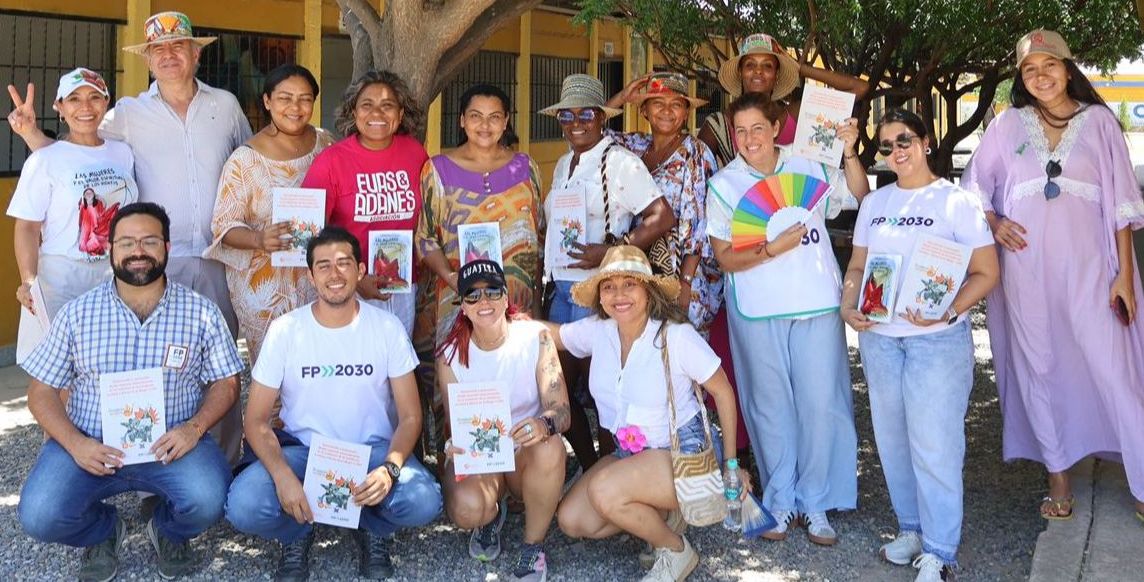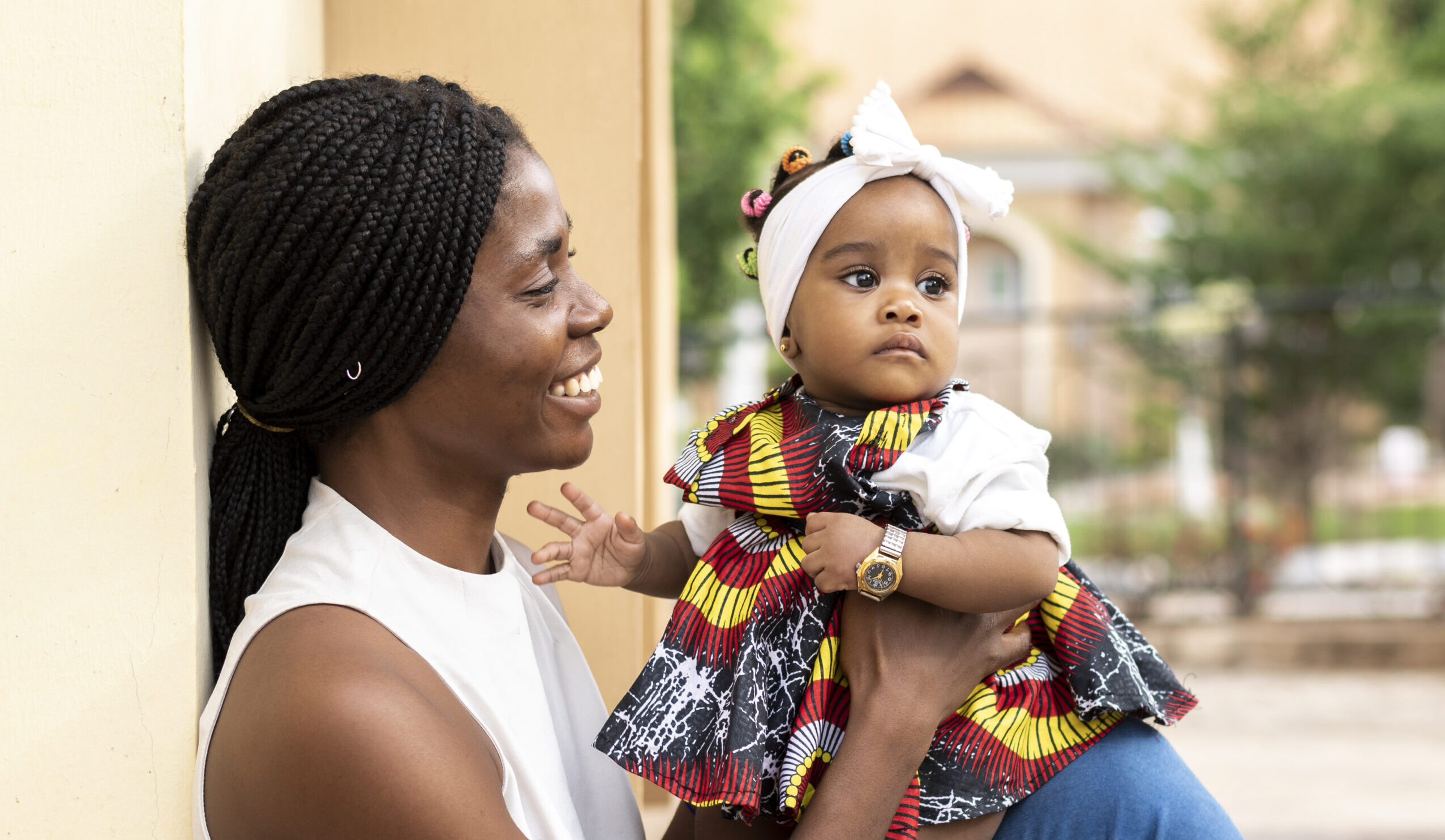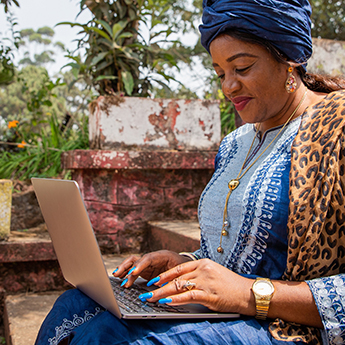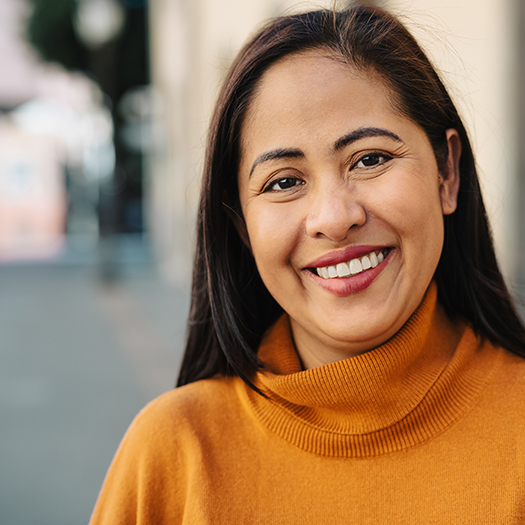
News
Empowering Classrooms: Bringing Global Gender Commitments to Riohacha
June 10, 2025
Blogs & Articles
Previous

Ouagadougou Partnership Youth Leaders Unite to Lau...
Next

Kyrgyz Republic Launches Groundbreaking FP2030 Acc...
Topics:
Adolescents & Youth
Gender
Riohacha, La Guajira – In a meaningful step toward inclusive education and youth empowerment, FP2030, in collaboration with Evas y Adanes and the Latin American and Caribbean Women’s Health Network (RSMLAC) — all allies of the Center of Excellence on Gender (CoE) — delivered educational booklets on sexual and reproductive health and rights (SRHR) to students and teachers at the Km. 17 School in Riohacha, Colombia. The Center of Excellence on Gender is a global FP2030 initiative building capacity and expertise to align FP2030 commitments with gender equality goals. The Center is housed at the Latin America and Caribbean Regional Hub.
These booklets are not just resources —they’re tools to bring global commitments to family planning and sexual health and rights home. Covering topics from gender equality to international conferences like the International Conference on Population and Development (ICPD) and the Beijing Declaration and Platform for Action, they break down complex themes into accessible, age-appropriate, and culturally relevant content for young people and educators in rural areas.
“We believe that information is a right, not a privilege,” said Maria Paula Martinez, Managing Director, FP2030 Latin America and Caribbean Hub. “When youth in rural and Indigenous communities understand how global gender agendas relate to their everyday lives, they are better equipped to claim their rights and imagine new futures.”
This initiative forms part of a broader regional strategy to make international commitments on gender, health, and human rights truly inclusive — ensuring that no one is left behind, no matter where they live, complying to the FP2030 Gender Center of Excellence.
The visit also opened space for dialogue among youth, teachers, and community leaders about the importance of comprehensive sexuality education and the need for accessible materials in local contexts.
This is what it looks like when global promises meet local realities — and it’s only the beginning.








